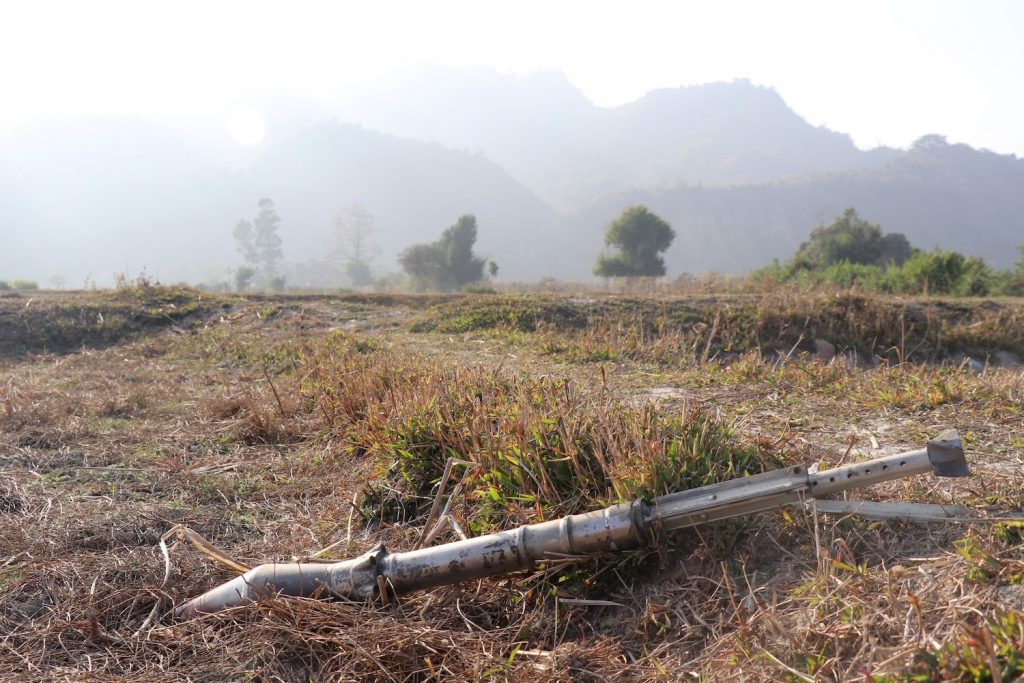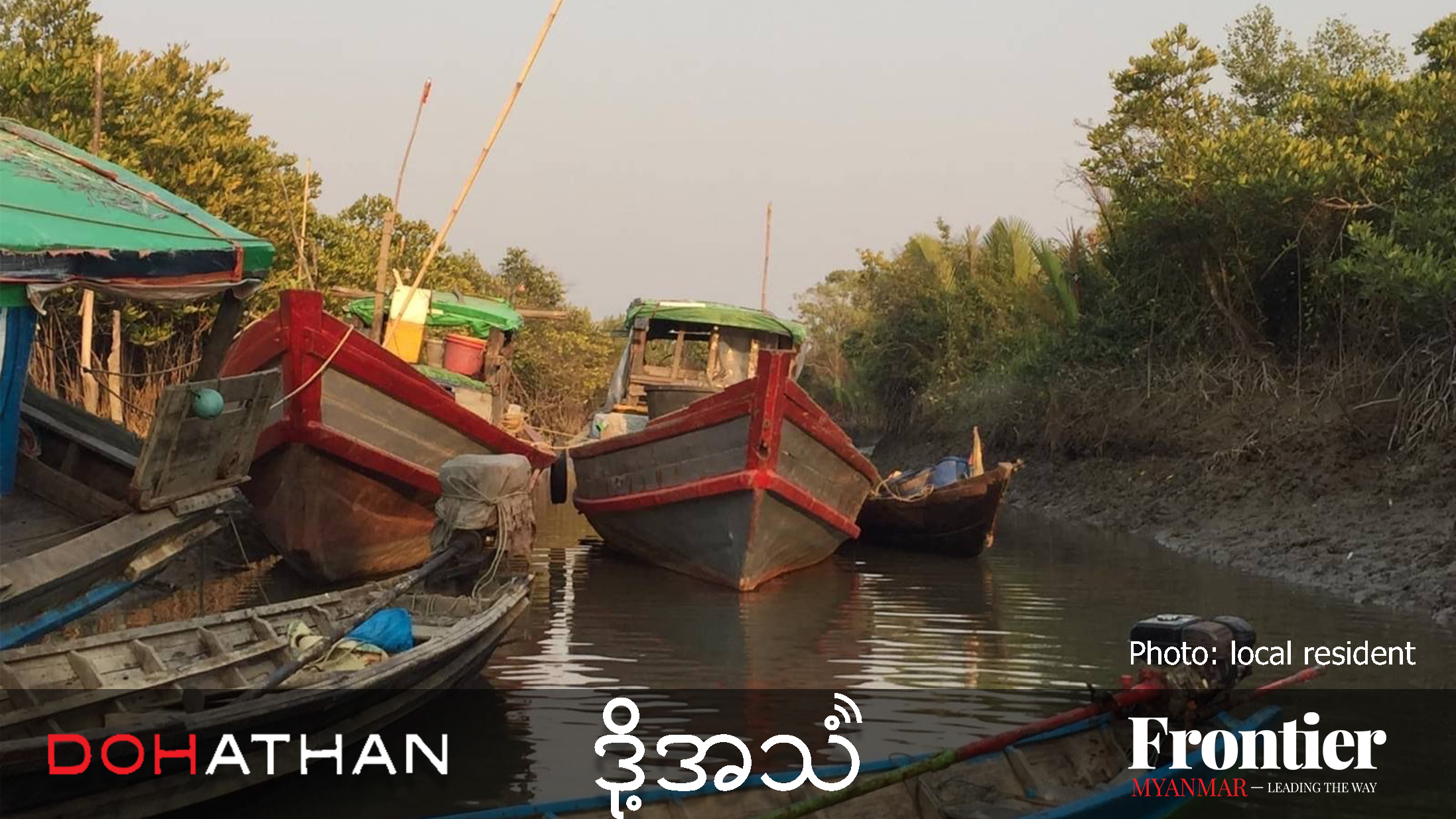The UEC’s decision to suspend voting in large parts of the state will silence Rakhine political voices, but the Arakan Army must take its share of the blame.
By SITHU AUNG MYINT | FRONTIER
On October 16, the Union Election Commission announced the cancellation of voting in 15 entire townships, and parts of 42 others, across Kachin, Kayin, Mon, Rakhine and Shan states, as well as Bago Region. Two weeks later, the commission added 94 village tracts in Paletwa Township, Chin State, to the list of places where voting will be suspended in the November 8 poll, while some village tracts and wards in Rakhine and Shan were reinstated.
The decision to cancel voting in nine of 17 townships in Rakhine State amid intense fighting between the Tatmadaw and the Arakan Army has caused an uproar. Critics said it would encourage more support for the Arakan Army and have also accused the ruling National League for Democracy of using the UEC to weaken rival political parties. Many constituencies where voting has been cancelled are controlled by the Arakan National Party, while NLD-held seats have been less affected by the cancellations.
Voting has been suspended in a further 152 wards or village tracts across parts of four other townships. As a result, nine seats in the Pyithu Hluttaw (Lower House), seven in the Amyotha Hluttaw (Upper House) and 20 in the Rakhine State Hluttaw, totaling 36 seats, will not have representatives from January 2021. In the 2015 election, 33 of these seats, or 93 percent, were won by the ANP. It’s clear then to see why Rakhine political parties are aggrieved by the decision.
In 2015, the ANP won 44 seats in Rakhine State, meaning that a significant proportion of its voice will be lost in the next parliament as a result of the cancellations. In fact, the ANP won a majority in the Rakhine State Hluttaw in 2015, but a repeat now looks extremely unlikely.
The UEC said it made its decision after receiving comments from the Union government, the Ministry of Defence and the Ministry of Home Affairs. For a free and fair election to be held, a constituency must be stable and free of armed conflict, and there needs to be rule of law. Election sub-commission members must also be able to travel around the constituency to make arrangements for voting to take place.
Political parties, candidates and party members must also be free to conduct election campaigning, and be able to observe election proceedings, including vote counting. The UEC will need to consider if there is an armed group that may threaten people to vote for a particular party. Voters need to be able to cast their votes free from fear.
Armed clashes are one reason for the cancellation of the election in many parts of Rakhine State. But the attitude of the AA is also important. For the past several years, the AA has shown enmity towards the NLD and sought to sabotage the government. NLD members have been kidnapped by the AA or AA sympathisers, and some have died in their hands. In this climate, political parties are not able to conduct their activities freely.
As the election has drawn near, the AA has increased its anti-NLD activities, kidnapping three party candidates in Taungup Township, in southern Rakhine, in late October. The armed clashes, combined with the AA’s threatening of political parties and its apparent lack of confidence in the way the election is taking place, are the reasons for the cancellation of the election in many parts in Rakhine State. The result has been that innocent people have died or been injured in the conflict, while thousands have had to abandon their homes and take refuge in internally-displaced persons camps. Rakhine politicians have lost their legal right to represent their constituents.
But it would be unfair of Rakhine politicians to put the blame on the NLD government and the UEC for this. In recent years, most Rakhine politicians, including some in the state hluttaw, have expressed support for the AA, saying that all ethnic minorities in Myanmar have their own armed wing. It is because the AA receives support from the Rakhine people, including politicians, that its forces have been able to hold out against the Tatmadaw, which has army, naval and air force power at its disposal. But the result – cancelled elections in most of the state – is not good for the Rakhine people, or for the potential of a political compromise to pave the way for peace and development in Rakhine State.
When the November 8 election concludes, it’s likely that military activity will dominate political activity in Rakhine State. In the national and state assemblies, the ability of Rakhine political parties to represent their people will be greatly diminished. We have to ask if this is really the scenario the Rakhine people and politicians who have supported the AA are aspiring for.







